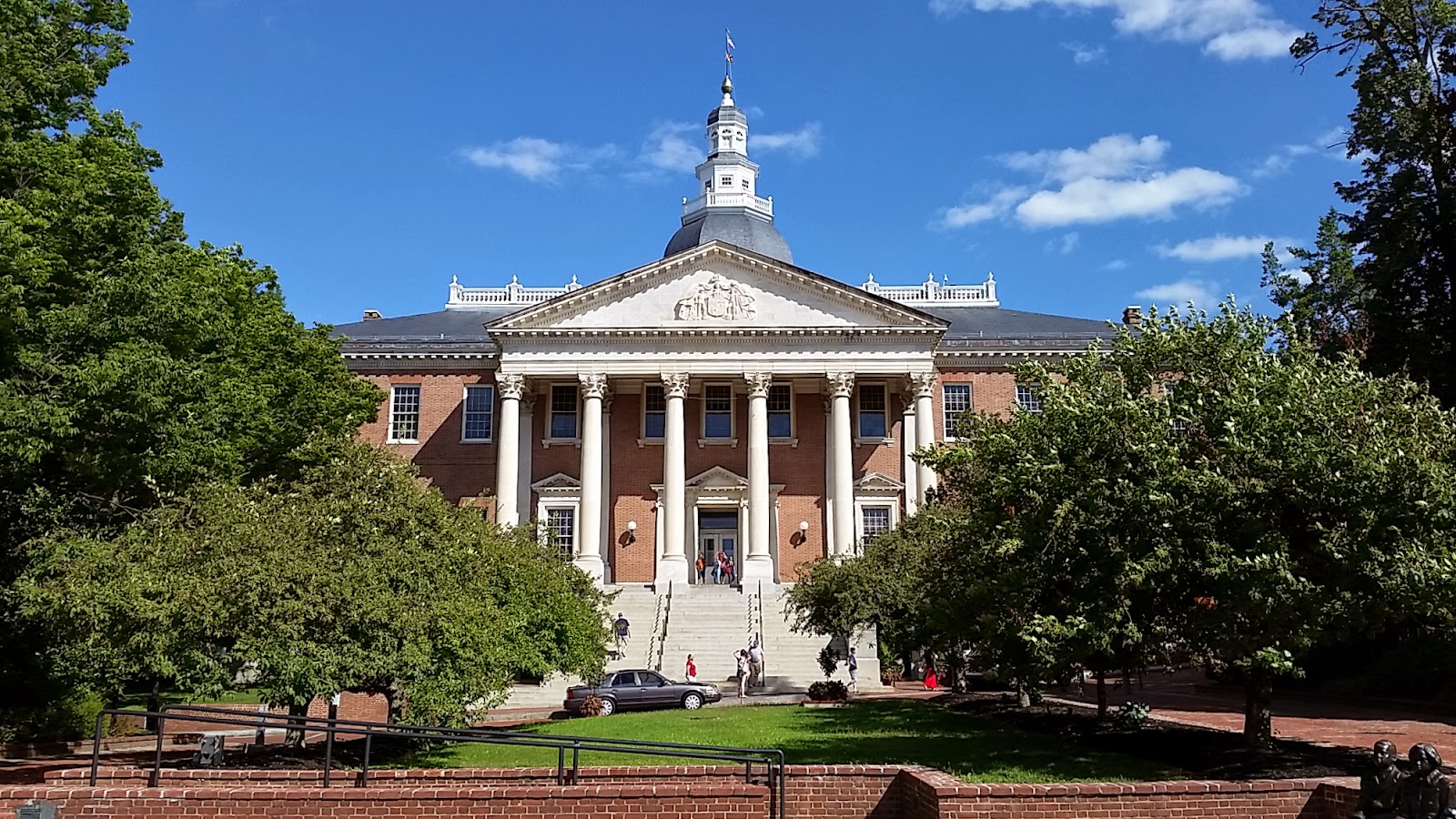Last session, the Maryland General Assembly passed House Bill 1 (HB1), the Maryland Healthy Working Families Act, an employer mandate concerning paid sick and safe leave (sick leave). Under the terms of HB 1, employers that employ 15 or more employees shall permit allow their employees, whether full or part time, to accrue after their first 106 days of employment 1 hour of paid sick leave for every 30 hours worked, with an accrual cap of up to 40 hours of paid sick leave a year. In addition, the employees may carry over up to 40 hours of unused paid sick leave per year and use up to 64 hours of earned paid sick leave per year.
Governor Hogan vetoed HB 1 claiming that it would have a disastrous impact on the state’s economy and troubling unintended consequences for Maryland workers. In turn, the democratically controlled legislature vowed to override that veto once the 2018 Session beings on January 10th.
In anticipation of a veto override, Governor Hogan simultaneous to his vetoing of HB 1 issued an executive order forming the Committee on Paid Leave Policy (Committee), which was tasked with conducting a comprehensive field study and a thorough review of the issue in its entirety to evaluate the positive and negative impacts of implementing the bill.
Governor Hogan hoped to fend off a veto override and to use the findings of the Committee to develop a new approach to paid time off. The Committee submitted a Final Report to the Governor in December.
Most notable to ABC Members, HB 1 as passed exempted construction employees only if they are members of a union with a current collective bargaining agreement. The Committee’s report made the following observation on this exemption, “The problem with exempting one type of employee in the construction industry over another is that there will most certainly be an inequity when it comes to the cost of labor. For those companies that hire union employees, they will have no added cost to labor rates. However, those that do not hire union employees will need to increase their hourly labor rates on bids to accommodate the additional costs due to HB 1 requirements. The committee has not been able to identify any other areas of law that so clearly favors one business relationship over another.”
Furthermore, the Committee was sympathetic to the fact that the construction industry in general has concerns about unscheduled leave and thus the delay of construction projects. The Committee’s report reads, “While the industry has methods of compensating for a certain amount of time delays within jobs, an increased number of unscheduled time off would create more disruption to project management timelines. “ The Committee further explained, “Maryland construction businesses compete for work every day with businesses from neighboring states. Being able to perform in a cost-effective and timely manner on every job is critical to a good reputation and the growth of Maryland-based businesses.” The Committee therefore recommended “extend[ing] the exemption to the entire construction industry.”
On November 28, 2017 Governor Hogan presented all the findings of the Committee, including the ones detailed above, and advised that he would introduce emergency legislation entitled The Paid Leave Compromise Act of 2018, which would seeks to codify the committee’s findings and, as the title implies, bring compromise to the paid sick leave issue. Whether the Governor’s play will result in a more business friendly, and clearly construction friendly bill, remains to be seen.
Other legislation to watch in 2018
Predictive Scheduling – This legislation, introduced in the past in Maryland, requires employers to compensate employees for schedule changes that affect their work schedules when the employees are not given proper notice (typically ranging from two to four weeks). In other words, if an employer were to remove an employee from a schedule one week before his or her shift, the employer would be required to compensate that employee for the change in schedule. For the construction industry, predictive scheduling does not take in to account the unpredictable, such as weather.
Right to Work – Recently, Delegate Warren Miller told a conservative blog, Red Maryland, that Right to Work legislation would be one of his “legislative priorities” for the 2018 session. With a focus on individual freedom, Right to Work laws affirms the right of every American to work for a living without being compelled to belong to a union. Thus, such laws make the fine distinction of the right to join a union and the compulsion to join a union.

